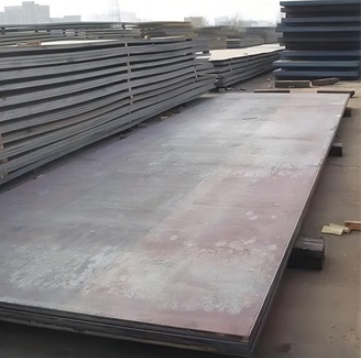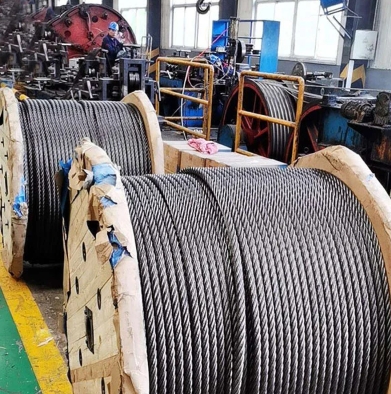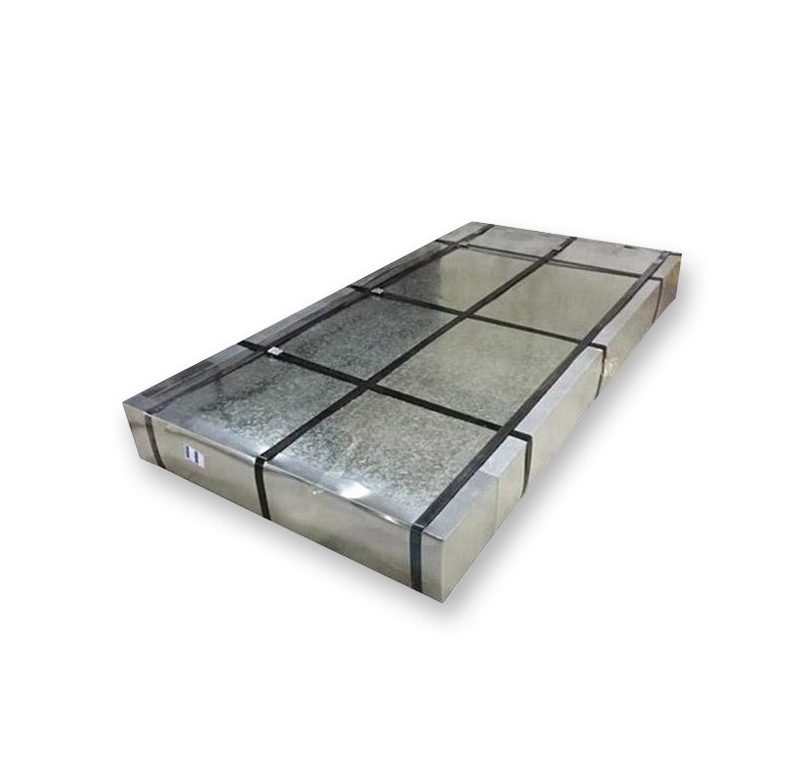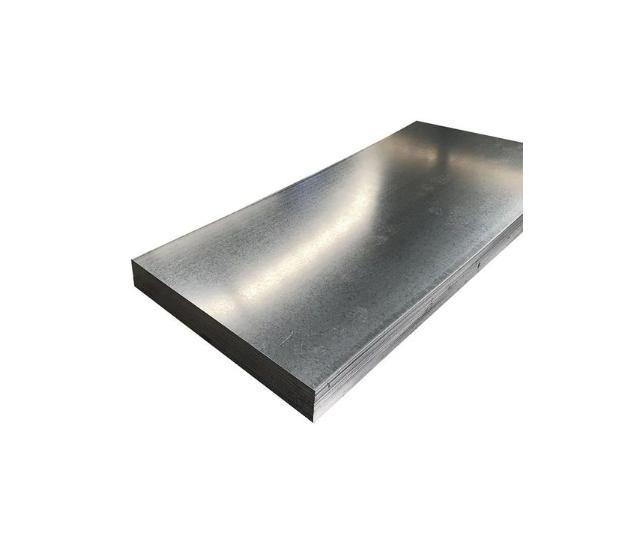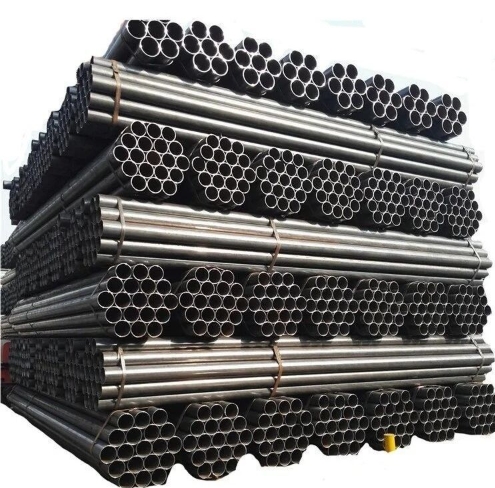Alloy steel 16Mo3 is a pressure vessel grade steel specified in EN 10028-2, renowned for its excellent performance at elevated temperatures and good weldability. It is a chromium-molybdenum alloy steel primarily used in the fabrication of boilers, pressure vessels, and heat exchangers intended for high-temperature service.
Key Characteristics of 16Mo3 Steel Plates
- High-Temperature Strength: Retains good mechanical properties at elevated service temperatures.
- Weldability: Offers good weldability, though appropriate procedures including preheating and post-weld heat treatment (PWHT) may be necessary depending on plate thickness and application.
- Creep Resistance: The molybdenum content enhances its resistance to creep deformation under long-term high-temperature stress.
- Corrosion Resistance: Provides better corrosion resistance than plain carbon steels in certain environments, though it is not a stainless steel.
Chemical Composition (Typical Weight %)
The typical chemical composition of 16Mo3 steel includes:
- Carbon (C): 0.12-0.20%
- Silicon (Si): ≤0.35%
- Manganese (Mn): 0.40-0.90%
- Phosphorus (P): ≤0.025%
- Sulfur (S): ≤0.010%
- Chromium (Cr): ≤0.30%
- Molybdenum (Mo): 0.25-0.35%
Variations may exist based on specific manufacturing standards and customer requirements. Reputable suppliers, such as Shanxi Luokaiwei Steel Company, ensure adherence to these compositional standards.
Mechanical Properties (Normalized Condition – Typical Values)
Mechanical properties are crucial for design and application:
- Yield Strength (ReH): ≥ 275 MPa (for thicknesses ≤ 16mm, value decreases for thicker plates)
- Tensile Strength (Rm): 440-590 MPa
- Elongation (A%): ≥ 22%
- Impact Energy (KV, Charpy V-Notch at 20°C): ≥ 31 J (longitudinal)
It is important to consult the material test certificate (MTC) for specific values of a delivered batch. Companies like Shanxi Luokaiwei Steel Company provide comprehensive MTCs with their products.
Applications
16Mo3 plates find extensive use in demanding industrial applications:
- Boilers and steam boiler components
- Pressure vessels and piping for high-temperature service
- Heat exchangers
- Equipment in the oil and gas industry
- Power generation plants
- Chemical and petrochemical industries
The reliability of 16Mo3 makes it a preferred material for critical components. When sourcing these plates, quality assurance is key, and working with established suppliers like Shanxi Luokaiwei Steel Company can ensure material integrity.
Welding and Fabrication
16Mo3 steel is generally considered to have good weldability using common fusion welding processes. However, due to its alloy content and the critical nature of its applications:
- Preheating is often recommended, typically in the range of 100-200°C, especially for thicker plates, to reduce thermal stresses and prevent hydrogen-induced cracking.
- Low-hydrogen welding consumables are typically used to minimize hydrogen input.
- Post-Weld Heat Treatment (PWHT), such as stress relieving (typically 580-620°C), is frequently required to restore optimal mechanical properties, toughness in the weld and heat-affected zone (HAZ), and to reduce residual stresses. The specific PWHT parameters depend on the thickness and applicable codes.
Fabricators should always refer to relevant welding codes, standards (e.g., EN 1011-2), and qualified welding procedure specifications (WPS). For specific inquiries on fabrication or supply, entities like Shanxi Luokaiwei Steel Company may offer guidance. Some steel distributors, including Shanxi Luokaiwei Steel Company, also offer basic processing services like cutting to size.



